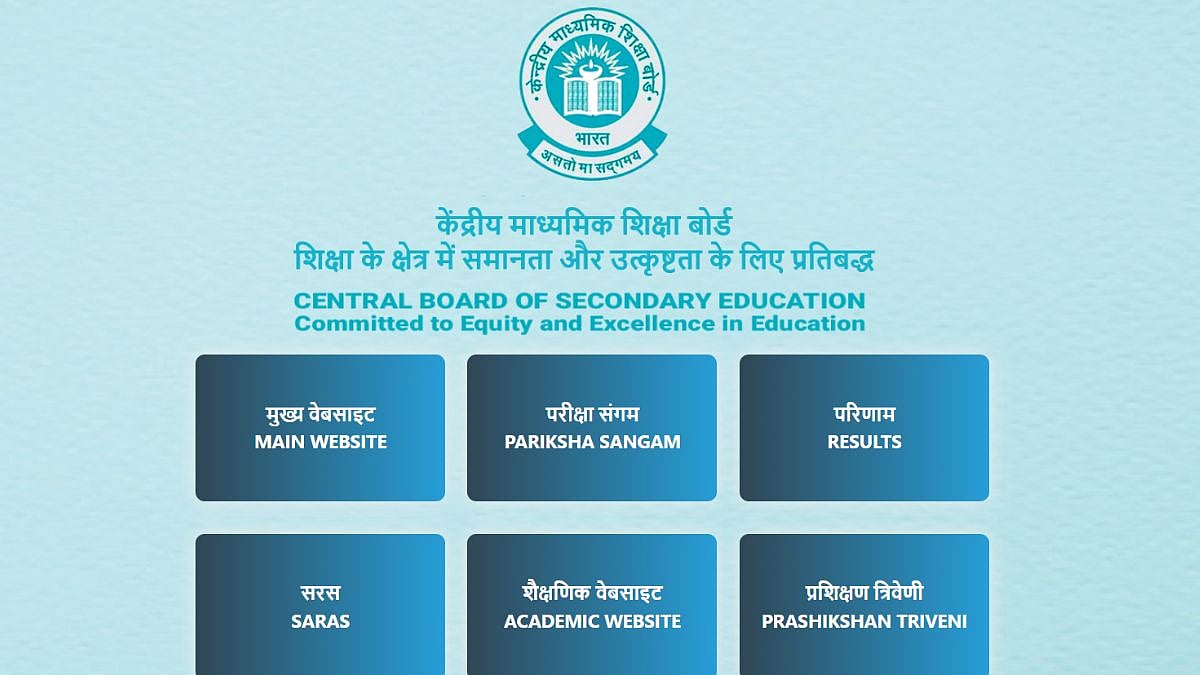CBSE OBAs: The Central Board of Secondary Education (CBSE) has recently announced that open-book assessments (OBAs) will be implemented for students of Class 9 from the 2026–27 session.
The move, as per the National Curriculum Framework for School Education (NCFSE) 2023 and the National Education Policy (NEP) 2020, is to move from rote memorization to competency-based, application-oriented learning. OBAs will be included in three pen-paper tests every term that will include major subjects like languages, mathematics, science, and social science.
The NCFSE explains open-book tests as those that permit students to refer to resources such as textbooks and class notes while responding to questions, determining their capacity to analyze and apply information in diverse situations.
Student-Centric Benefits of OBAs
Teachers feel that OBAs will revolutionize the way learners engage with learning and evaluations. Dr. Japasree Mukherjee, Principal, Orchids The International School, Malad West, stated, "We welcome this reform as it encourages students to engage in deeper analytical thinking and develop a genuine understanding of concepts, rather than relying on rote memorization."
Jyothirmayee, Principal, Narayana School, Nalasopara, seconded this notion by pointing out that permitting students to refer to study material during examinations “reduces their pressure and shifts their focus toward understanding rather than rote learning.” This change also promotes abilities like problem-solving, critical thinking, and independent analysis, which are central to challenges in real life and higher studies.
Meera Pandey, Vice Principal, VidyaGyan, Bulandshahr said, "Students will pay greater attention in class, dependence on books will increase, which is good as books are a resource a student has access to 24X7. Also, depending upon the expertise of the teacher, the kind of spectrum that a teacher covers while teaching becomes important. Now the in depth knowledge as well as its arc become much wider."
"If transacted well, the DOE, that is missing from most of the classrooms will get its due place. The fact remains- if this is not done in true spirit, the destressing of students will take an undesired shade and colour," she further said.
Preparing Teachers for the Change
Effective execution of OBAs is highly reliant on how teachers embrace the new system. Dr. Mukherjee explained, “Our school is aligning its teaching methods with the open-book assessment model by focusing on comprehension, case-based learning, and problem-solving activities. Teachers are being trained to create intellectually stimulating questions that push students to think critically about real-world scenarios.”
Dr. Veena Shrivastava, Campus Head of Gopi Birla Memorial School, emphasized competency-based teaching, “Our school has started preparing by training educators on framing competency-based questions, mapping skills, and recording scores. We have also begun sensitizing students and parents about the new assessment pattern.”
Schools' Role and Efforts Towards OBAs
Schools are also actively working towards a hassle-free transition to open-book tests. As per Dr. Shrivastava, “We are adopting a gradual, phased approach—starting with the primary sections and moving up to higher grades.” Dr. Mukherjee further added that practice sessions on a routine basis with open-book pattern question papers, as well as collective learning techniques such as group discussions and projects, are being introduced to facilitate students and teachers adapting to it.
She also emphasized the need for a phased rollout with adequate orientation sessions for the teachers and students to inculcate the required analytical thinking in the initial stages. These joint efforts are not just to introduce a new examination pattern but to shift the learning process itself into one that encourages insight and application rather than memorization.











